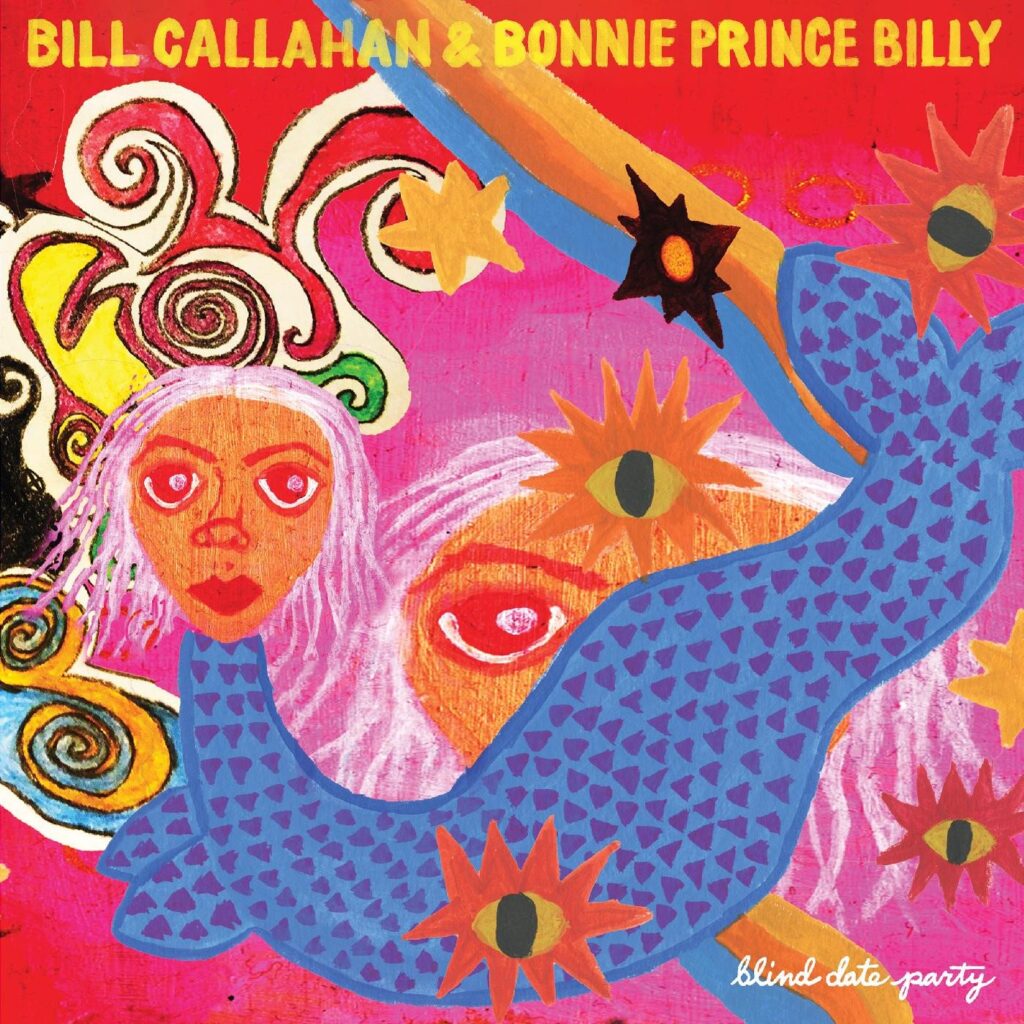“So much of what I pushed out once/ has returned after all these months,” Daniel Martin Moore sings over a strummed guitar on the introductory title track of his full-length debut. “Lines from a stray age/ News comes ‘round from another day’s page.” The sentiment, if not the delivery, is slightly weather-worn, more the expression of a tired man approaching the it-is-what-it-is resolve of mid-life than a bright-eyed, aspiring young one taking early steps out of the gate. But that’s one of the wonderful things about Moore, a Cold Spring, Ky. native whose first Sub Pop outing rears its head this autumn. He doesn’t toy with your expectations. He just quietly, calmly, turns them on their head.
Such is the case with the genre many have assigned to Stray Age. Now, folk has a rich, storied history in American life but Moore, whose modus operandi revolves around an acoustic guitar and beautiful, if sometimes understated, vocals, owes less to Woody Guthrie or Pete Seeger or early Bob Dylan than singer-songwriters like Leonard Cohen or Nick Drake. The key difference is that, while Cohen’s Songs revels in melancholia and a kind of sonic isolation, the often spare arrangements on Stray Age have an inviting warmth to them, a familiarity that feels something like what you’d call home.
Moore displays this warmth on tracks like the heartbreaking closer “The Hour of Sleep,” where the acoustic guitar is so tenderly strummed you might find yourself listening to the sound of the pick scraping the strings. The words, sung in a near whisper as Moore wavers near falsetto, are equally tender: “In quarters close, the four winds far away/ Where your life and limb you selflessly wage/ This is your reward each day.” The package, which expands far beyond its 3:24 running time, is completed with accents of piano, a brushed snare and swelling violin. The result can feel devastating.
There are other brilliant and near-brilliant moments. Moore’s hushed delivery perfectly suits the Sandy Denny-penned standard “Who Knows Where The Time Goes” and the jazzy ruminations of “It’s You.” The too-short “By Dream,” where Moore’s voice is offset not by guitar but piano, aches in all the right places. “In These Hearts,” “Where We Belong” and the bluesy “Every Colour and Kind” are almost effortlessly delicate. The pseudo-instrumental “Restoration Sketches,” little more than a shuffling acoustic guitar and two breathy voices cooing, is so airy, it floats. It’s difficult to not overuse the word beautiful when describing these songs.
There are other moments that veer into territory better suited for commercial radio but Moore’s heartfelt delivery keeps the proceedings emotive and sincere, as on the upbeat “That’ll Be The Plan” or “The Old Measure.” Here, Moore echoes the ballads of Amos Lee, another contemporary and singer-songwriter – though one who’s clearly more positioned for mainstream ears – careful to extract the maximum emotion out of a well-paced acoustic refrain and a passionate vocal delivery.
Sub Pop is quick to note that Moore, as impossible as it sounds, was picked up by the label after sending in an unsolicited demo. While that will, no doubt at all, inspire and fuel countless unsigned musicians hungering for a break, it begs another question. When are they going to release that demo? – Delusions of Adequacy, Nov. 11, 2008
-30-




